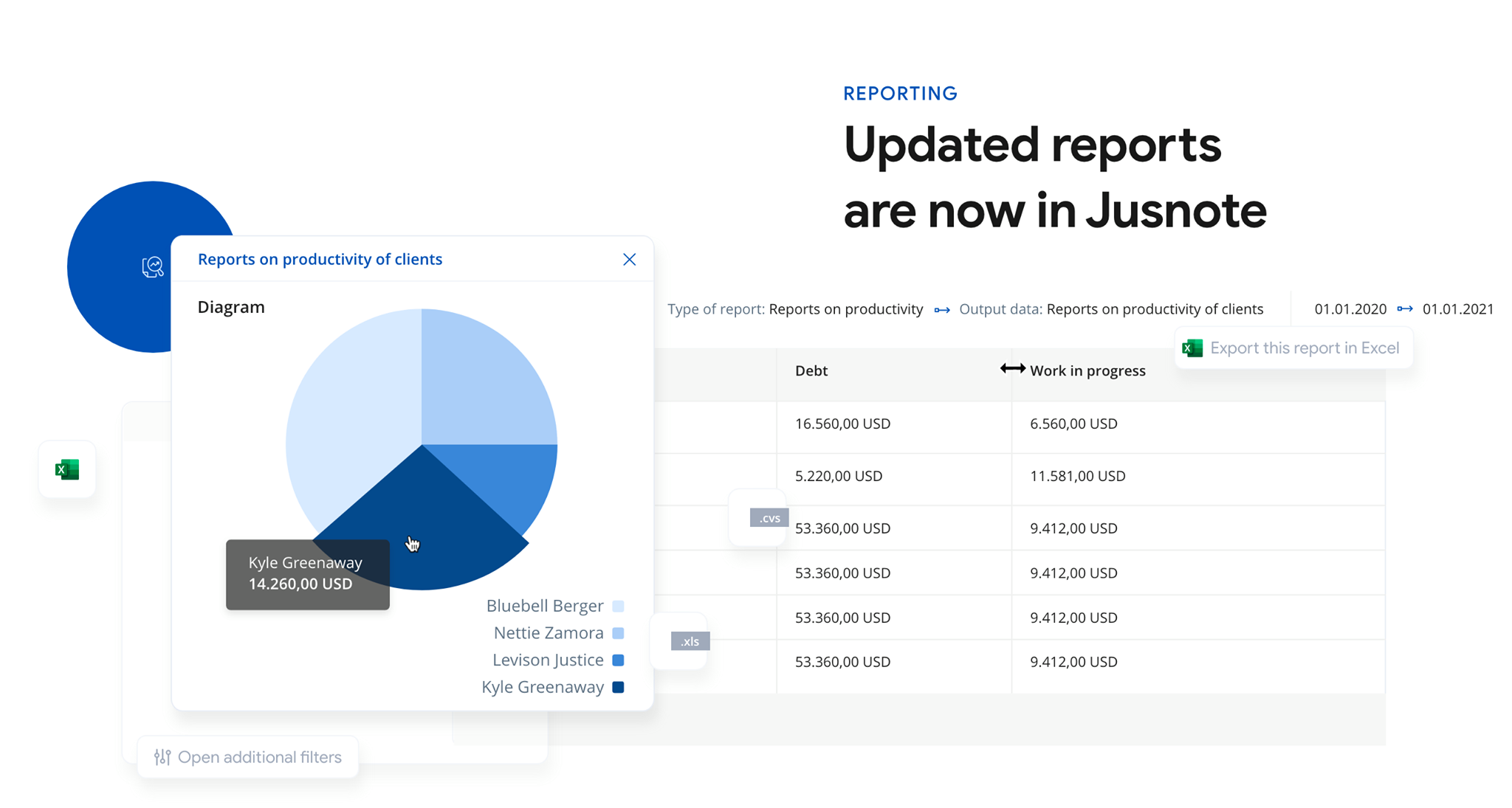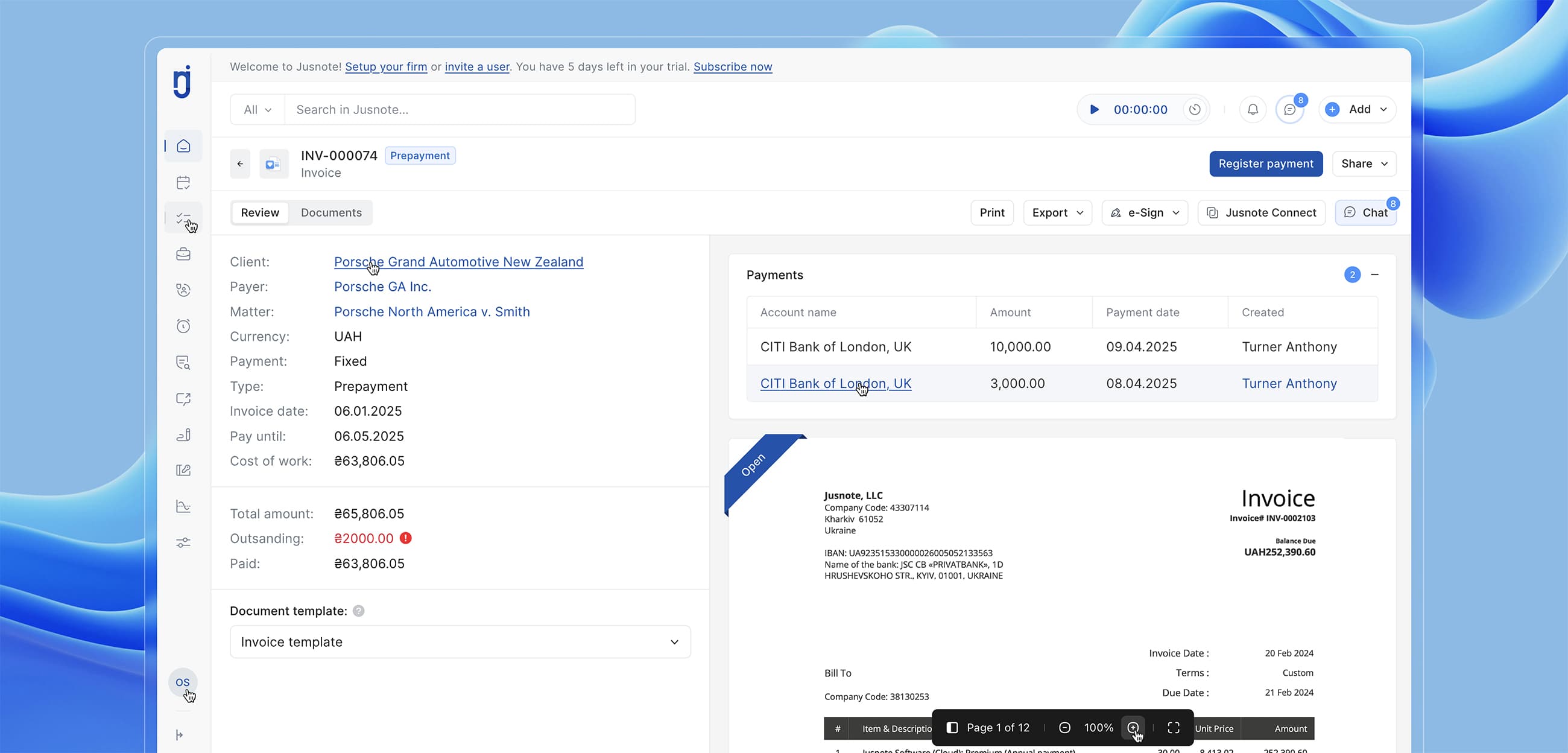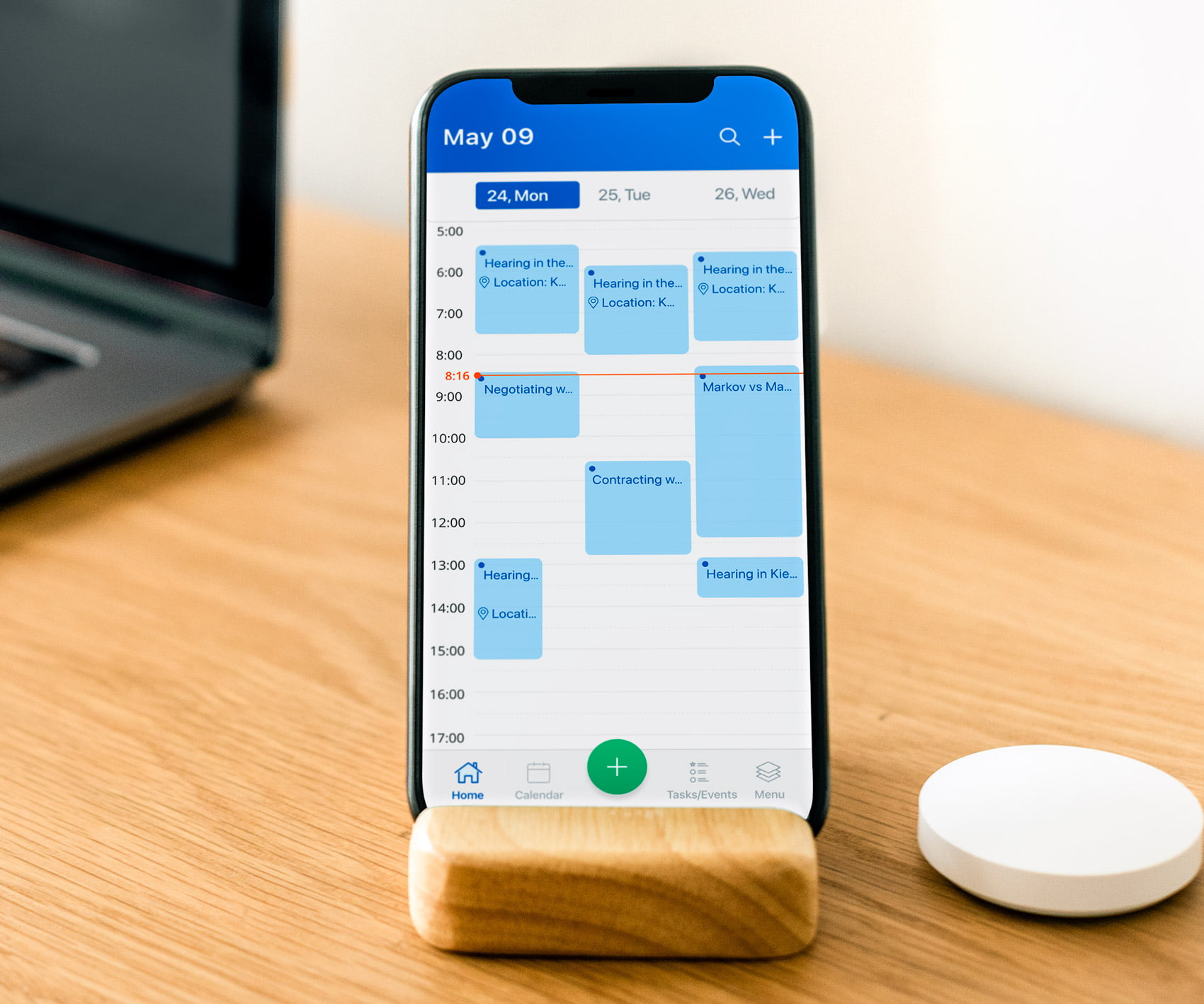The law industry has so far “absorbed” numerous modern trends, including hybrid work, business digitalization, and legal work automation. But there’s another ongoing tendency that may confuse legal specialists regarding the ties between this tendency and the law profession — and this is the blockchain.
Blockchain defined
Blockchain is a digital database that stores information electronically. It works as a shared, hard-and-fast ledger that streamlines transaction recording and asset tracking in a network. The invention of a blockchain ensures data record security and helps build trust without the need for intermediaries. The most common use of blockchain creation is in cryptocurrency systems — the so-called decentralized record of transactions.
How the technology works
Blockchain stores and keeps information in blocks that are merged through cryptography. Each such block contains cryptographic details on the transactions’ time, order, and content and is linked to a previously created block in the network, forming a chain of data known as the blockchain.
When new data is added, it immediately comes next after the previously created block and is automatically assembled into a new block with the exact timestamp. The recently developed block will also be added to the chain once filled with data. Besides, all such blocks are bound in chronological order, making a timeline of data.
Blockchain & legal field: what’s the deal?
According to PwC, 60% of the biggest legal firms in the UK have been expanding the amount of money spent on technology, including digital signature, document, and virtual data storage, the three most significant areas of improvement.
In a nutshell, blockchain benefits law experts in four crucial areas, which are:
• transparency — helps build trust;
• cost savings — guarantees the security of financial transactions;
• automation — implements smart contacts;
• data integrity — eliminates the possibility of modification, deleting, or using confidential data by unauthorized parties;
Lawyers can use blockchain to ease and stipulate their legal transactional management process, securely sign digital legal documents and agreements, and save time. This positively influences partnerships with clients, improves clients’ trustworthiness, and cuts down the complexity of legal document management.
You can be sure that no one will access and modify your law firm’s data since it’s stored in a decentralized environment. Furthermore, blockchain smart contracts leave no space for incomprehension as the system creates a shared space where only authorized team members can access law agreements. Like in establishing property rights, you can see exactly when and who bought a particular land title.
Blockchain use cases in law
Blockchain adoption goes far beyond smart contact use. The system can benefit law firms in performing many services in different areas, such as intellectual property, financial transactions, chain of custody, litigation, etc. Let’s look more in detail at some specific cases.
How can blockchain technology help lawyers reduce costs and save money?
Lawyers are known for being often overloaded as the amount of legal data skyrocketed. Some lawyers might have up to 700 document reviews daily, having no chance to wind down.
One lawyer recalls his experience with running documents:
“We could be at the office from 9 am to 11 pm just reading and flagging, reading and flagging — and never with any certainty that you were getting it right.”
Thanks to the automation of numerous manual legal tasks, legal specialists can significantly decrease the time spent crafting legal documentation. Such automation frees up time that lawyers can devote to clients and boost their efficiency at work.
Introducing smart contracts helps lower the administrative burden for legal specialists. Smart contracts allow lawyers to create and automatically pass agreements on behalf of their clients. Once the parties sign these contracts and agree on all written conditions, digital contracts become irreversible, encrypted, and backed into the blockchain network. This eliminates the possibility of human errors (manual mistakes).
Furthermore, smart contacts don’t require third parties and intermediaries’ involvement, which saves lawyers time and money. Blockchain also guarantees contacts’ security by backing up all stored data in case of loss.
Blockchain’s impact on intellectual property rights
With secure blockchain technology, the intellectual property owner can be sure that another person won’t contest their ownership.
Blockchain is a proven way to keep data and safely store copyright information. The original copyright date is also provided in the block’s details, which gives transparency concerning the ownership of creation. If someone litigated your intellectual property ownership, the data in the blockchain block might be used as proof of your actual ownership.
Such an opportunity to easily trace and view the chain of ownership saves lawyers much effort, money, and working time. Plus, using smart contracts allows the property owner to securely provide licenses.
Blockchain’s impact on the real estate industry
Blockchain technology allows lawyers to efficiently provide property rights without stress, extra paperwork, and never-ending bureaucratic procedures. Blockchain transactions ensure the transparency and security required for real estate transactions because many different parties are involved.
As a result, all involved parties can track the transaction’s status in real-time, eliminating the possibility of hacking attacks and human errors. This way, blockchain provides the fastest and easiest way to record property ownership.
Blockchain’s impact on the chain of custody
In a criminal investigation, blockchain technology can play a pivotal role.
A chain of custody is required to defend the evidence’s authenticity and support the lawyers’ successful performance in court. Otherwise, courts will not assume evidence if no such proof is provided.
Various interested parties can change evidence and take it multiple times in and out of the database. This leaves space for bad actors to tamper with the evidence and for defense lawyers to reasonably argue it.
Blockchain technology allows maintaining indisputable proof for the custody of legal documents. Using a blockchain, a specialist can create a unique evidence token for every data item and have it stored in a secure environment, where no one without the rights can modify or access it.
What’s up ahead?
Blockchain can digitize many manual work processes that require a lot of lawyers’ manual efforts and concentration. Today, most admin tasks can be carried out automatically, and law specialists can devote more time to handling client matters. Furthermore, blockchain technology can also be used to simplify the storage and sharing of legal records, including leveraging smart contracts, e-signature, and automated monetary transactions.
Of course, there are always ups and downs to employing new technology. Lawyers must have sound knowledge of technology and be aware of all potential risks and issues connected with blockchain incorporation.
Below you can look at the main tendencies impacting the law profession in 2022 and beyond, as well as what lies ahead for law specialists by embracing modern technology:
• Legal industry trends to watch in 2022 (Part I)
• Legal industry trends to watch in 2022 (Part II)
Sign up for our newsletter for regular industry insights.
![]()
Olena Ivanenko
Author, Content Creator at Jusnote



 Jusnote Newsroom
Jusnote Newsroom  Search Newsroom
Search Newsroom
 Back to all publications
Back to all publications

















